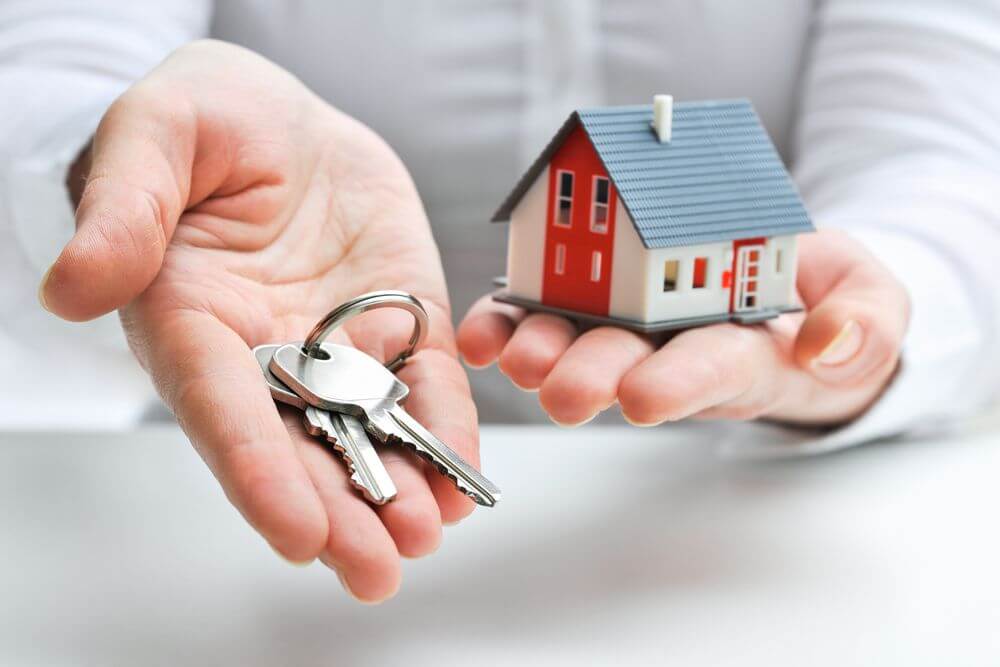There are many benefits to owning your own property, and you’ve already probably read many articles about its merits by now. Owning real estate in Canada has proven to be lucrative for individual homeowners and investors alike. The market is ripe for continued development and has historically been lauded as one of the more stable real estate environments for those seeking long-term returns. This is good news for those who want to purchase a property for the long haul.
The benefits to owning a home are varied, including having the pride of ownership, a retirement option, a place to build one’s legacy, and shelter. However, while the advantages are enough to convince anybody to make the purchase, the factor of price often gets in the way. The cost of owning a house on Canadian soil is pretty high, though the rates will differ depending on where you want to plant roots. So how much do you need to purchase a house in Canada? There are different answers to this question.
First, pricing the structure itself and all the services and materials that go with the construction depend on the type of property you are eyeing, its location, age, and current condition. Learn the details about your prospect house’s history, too, to ensure that you are banking on a viable investment. With the help of an experienced real estate agent who knows the area’s ins and outs, you can estimate the total cost of the property. Add to that a certain percentage for unforeseen expenses. We’ve prepared a guide to help you create a budget for your house hunting project.
- House Deposit
A deposit serves as a security measure that ensures you won’t lose that house you are eyeing to another prospective buyer. This amount depends on the price of the property and the prevailing market rate. A deposit is paid upfront and is considered to be part of your down payment once you have finalized the purchase. Typically, this is equivalent to one or two months’ worth of amortization or a certain percentage of the total home value. Sellers also usually require this to assure them that you are serious about buying.
- The Down payment
The minimum down payment for buying a house in Canada is dependent on the total value of the property. The standard rate is 5 percent of the amount, but this can go higher or lower. For example, if the home is valued at under half a million dollars, then the minimum is 5 percent, but if the price is between $500,000 to below $1 million, then it’s 5 percent on the first half, then 10 percent on the balance. As a rule, down payments of below 20 percent will require a buyer to secure mortgage insurance. If you don’t want to pay this amount, you will have to shell out at least 20 percent from the start.
- The Appraisal Fee
You should have the property appraised by a professional to ensure that all rates are accurate and fair. This will cost upwards of $300, but can be negotiable depending on the location.
- Home Inspection Fee
This is another efficient step to take when you plan to buy a house in Canada. It’s not required, but it will help you avoid many fee mistakes moving forward. This will set you back by around $350. It’s a hefty sum, but your peace of mind knowing that you were not shorted is priceless.
- Title Insurance
This insurance shields against losses related to the sale. It is a one-time payment.
- The Tax on Land Transfers
You cannot close the sale of a home without dealing with land transfer tax. Again, this fee is based on the property’s total value plus the balance on any debt or mortgage assumed in relation to it. Fees differ depending on your location in Canada, though take note that some parts of Nova Scotia, Saskatchewan, and Alberta do not charge such fees. Other areas employ a tiered pricing system that’s anchored on the home’s valuation. In Toronto, however, property buyers will have to pay two land transfer taxes, one for the provincial and another for the municipal level.
- Mortgage Insurance
Mortgage life insurance is needed to ensure that your loan will be repaid if something untoward happens to you. Meanwhile, there is also such a thing as mortgage loan insurance, which protects the bank or lending institution and is typically required if you paid a down payment of less than 20 percent. Fees for these can go between 0.6 and 4 percent.
- Property Insurance
Shop around the area to find a property insurer that will give you a reasonable price. This could already be factored into the value of your house but do your research just the same.
- Property Taxes
Property taxes in Canada are paid on an annual basis and usually cost $1 per $1,000 of your property’s estimated value. Your agent should be able to give you a history of the property’s tax payments through the years. In this way, you can prepare for future expenses. Note that this is just one of three taxes that Canadian households pay, the other two being income tax and sales tax.
- Energy and Maintenance Expenses
Upkeep comes with a cost, and you will have to pay for this if you want to maintain a home in Canada. This is a recurring expense that includes yard work, lawn care, upgrades, and a host of professional services that you might require moving forward.
- Moving Costs
Aside from purchasing the property, you should also consider the cost of moving some of your living must-haves to your new place. This can include electricity and water installation, phone and internet connection, cable TV setup, and more. Don’t forget about the moving trucks, movers’ fees, plus the snacks for family and friends who will help out when you uproot from one place and settle into your new home.
- Attorney’s Fees
Your lawyer will charge you for all the legal services required throughout the purchase process. This fee will vary, depending on the lawyer you hired and will have to be settled when the sale is closed. If you don’t know a lawyer, your real estate agent might be able to recommend someone.
This list of fees should help you get ready for the cost of buying a house in Canada. Now it’s time to ask around for how much they are exactly in the area you are targeting and get that expense book out.
If you need help with determining the cost of purchasing a home and moving to a specific Canadian location, don’t hesitate to get in touch with us at 647-490-4555 for a free consultation.




